Africa’s Travel and Tourism Summit ushers in a new kind of travel for the continent
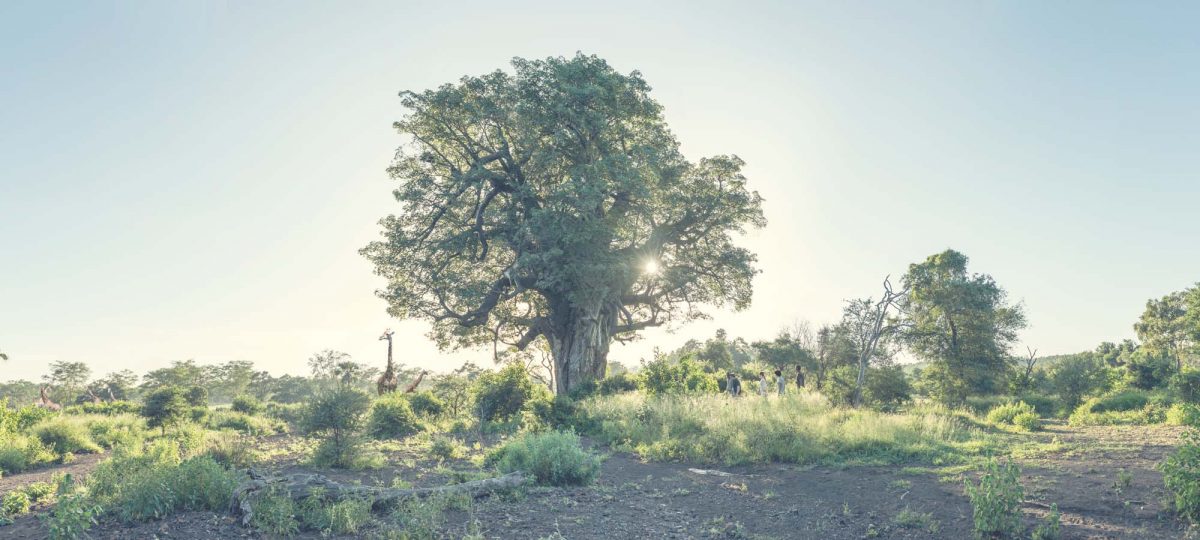
Africa’s Travel and Tourism has proven to be the continent’s catalyst to usher in a new kind of travel – one that is increasing the value of community and rural tourism. The Summit, tourism role-players can be sure that the industry will emerge with fresh actionable ideas after more than a year of latency.
The Summit lived up to its theme of “Re-awakening Africa,” with fresh actionable ideas emerging from three days of robust discussions.
The Summit brought welcome announcements one of which was Minister of Tourism Lindiwe Sisulu’s announcement of a joint team of South African and British scientists who will conduct research into the Beta variant of the Coronavirus which has kept South Africa on the UK red list for travel. Netflix also used the platform to announce Made in Africa, which packages African films and series into an easily accessible bouquet.
But while these announcements will have massive benefits in the future, the 40 plenary sessions will give tourism stakeholders enough ideas to take back to their businesses.
Value of tourism for local and rural communities
Deputy Minister of Tourism, Fish Mahlalela, said in his address on SMME Day that his department has implemented strategies that will help revive small tourism businesses in townships and rural areas that are crucial to the sector. He added that SMMEs can aid in the sector’s return to pre-COVID performance levels. “The Tourism Sector Recovery Plan also makes provision for the establishment of a support hub to provide non-financial support to tourism businesses so as to increase the resilience of SMMEs during the pandemic and beyond.”
Safiyya Akoojee, a Director at law firm Thomson Wilks, said empowering local communities means community and political leaders need to effect change that is beyond political agendas. “We need to look inward before looking outward. Local communities, right down to rural level, have doctors, nurses, carpenters, and other professionals who can help establish tourism in their communities.”
Founder of Nairobi-based Sustainable Travel & Tourism Agenda, Judy Kepher Gona, said tourism thrives on places created by people who make it beautiful to experience. “Travellers want to experience the food and the natural beauty of a place. But people travel to meet people. The core is people in those communities.”
She referred to the transformation of the Masaai Mara from it having no Masaai guides in 2005 to having almost all of its guides coming from the local community. “We argued that this is their [livelihood] so give it to them. We then changed the narrative because they would not be guides, they would be hosts. Now, 99% of hosts at Masaai Mara are Masaai. They are not asking for handouts, they asked to be given a chance.”
Founder of Transfrontier Parks Destinations in Cape Town, Glynn O’Leary, said he is in the business of developing communities. “At the Kgalagadi Transfrontier Park, we get the community to develop skills that can be applied to any part of the economy.”
Intra-African travel and mobility challenges
It was widely acknowledged at the Summit that for Africa’s tourism to thrive, its countries would need to ease borders to each other and allow for freer movement of goods and people. Ever since the African Union was established in 1963, the dream for most political and business leaders on the continent was to ease access across borders.
However, delegates also agreed that the lack of sound transport infrastructure and stringent Visa regulations are hampering growth and sustainability of the tourism industry. Tourism Business Council of South Africa CEO, Tshifihwa Tshivhengwa, said that Africa has to align its policies for intra-African travel to become a reality. “We have failed to create ease of access within Africa. Until we as Africa are aligned and have policies that integrate travel we will fail. We look at our own continent as a place where we should not spend time.”
Democratic Republic of Congo’s Ambassador to South Africa, Bene M’Poko, said for Africa to improve mobility, it would need to build new infrastructure and lessen reliance on routes that were established during the colonial era. “We talk a lot, we dream a lot, but we do not act and we do not produce. The tourist travels because she wants to enjoy herself, to enjoy different foods and landscapes. But the constraint is infrastructure.”
Domestic market can be a lifesaver
While the Coronavirus has dampened global travel, many tourism authorities have been looking at their domestic markets to retain revenue. According to Chris Lehane, the Head of Global Policy and Communications at Airbnb, there was an uptick in domestic tourism since the outbreak of the virus. “In South Africa, domestic travel increased by more than 600% with North-West province growing at 130%.”
Most of that travel, he said, was by car with tourists opting for more isolated nature-based and rural destinations. He added that tourists are travelling for different reasons, which is an attribute of the new kind of travel. “The outbreak of loneliness, pandemic of isolation and epidemic depression has made tourists look for more meaningful travel.”
The new kind of travel has also spawned the health conscious tourist, millennials seeking authenticity, and the lowering of barriers for women and people of colour by travel platforms.
Percy Koji, CEO of Small Tourism Enterprise Association, called for increased focus on the domestic tourism market so as to create opportunities within our borders. “In South Africa we have focused a lot on inbound market, but developing the local economy will create better opportunities for everyone. If you buy a coffee at a restaurant, you are creating a job for that person serving you.”
The South African government has recognised the value of the domestic market and has made it one of its most important interventions in its Tourism Sector Recovery Plan. It looks to stimulate domestic demand through targeted initiatives and campaigns.
Join the conversation on all social media platforms using the following:
#ATTS2021
#ShareSouthAfrica
@SA_NCB
@SATravelTrade
For media enquiries, please contact:
Lesego Marimo at South African Tourism
Tel: +27 73 266 6025
Email: lesegom@southafrica.net OR mediaq@southafrica.net
Learn more about South African Tourism
Our emails to you has bounced travelmole.com Or You can change your email from your profile Setting Section
Your region selection will be saved in your cookie for future visits. Please enable your cookie for TravelMole.com so this dialog box will not come up again.
Price Based Country test mode enabled for testing United States (US). You should do tests on private browsing mode. Browse in private with Firefox, Chrome and Safari
You can see how this popup was set up in our step-by-step guide: https://wppopupmaker.com/guides/auto-opening-announcement-popups/
Subscribe/Login to Travel Mole Newsletter
Travel Mole Newsletter is a subscriber only travel trade news publication. If you are receiving this message, simply enter your email address to sign in or register if you are not. In order to display the B2B travel content that meets your business needs, we need to know who are and what are your business needs. ITR is free to our subscribers.
 United Kingdom
United Kingdom United States
United States Asia Pacific
Asia Pacific

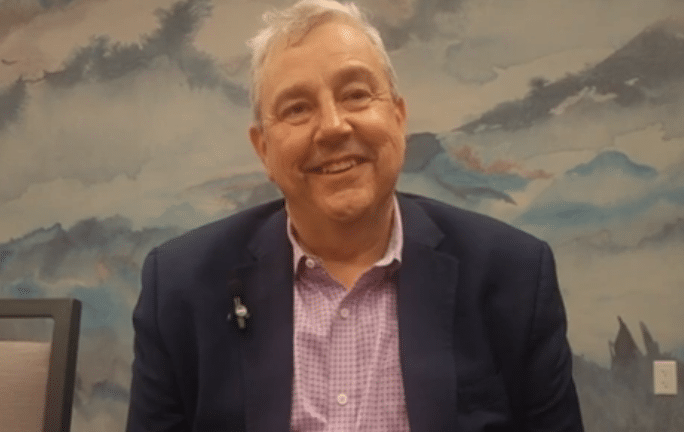

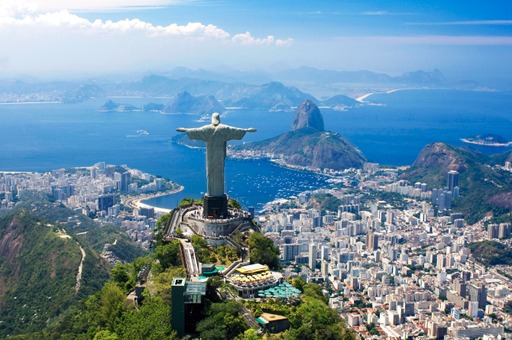
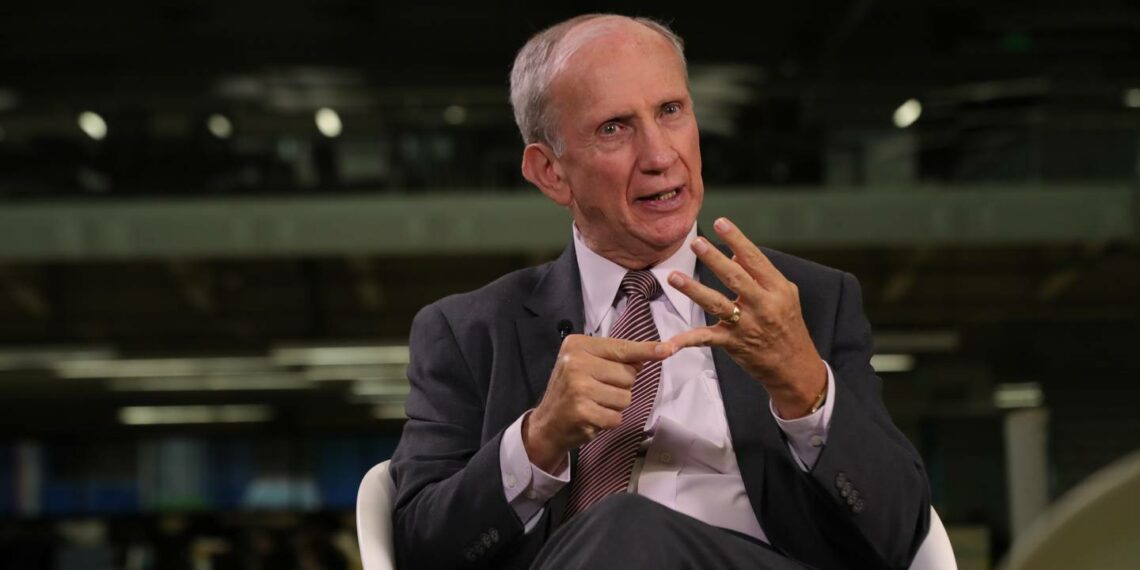
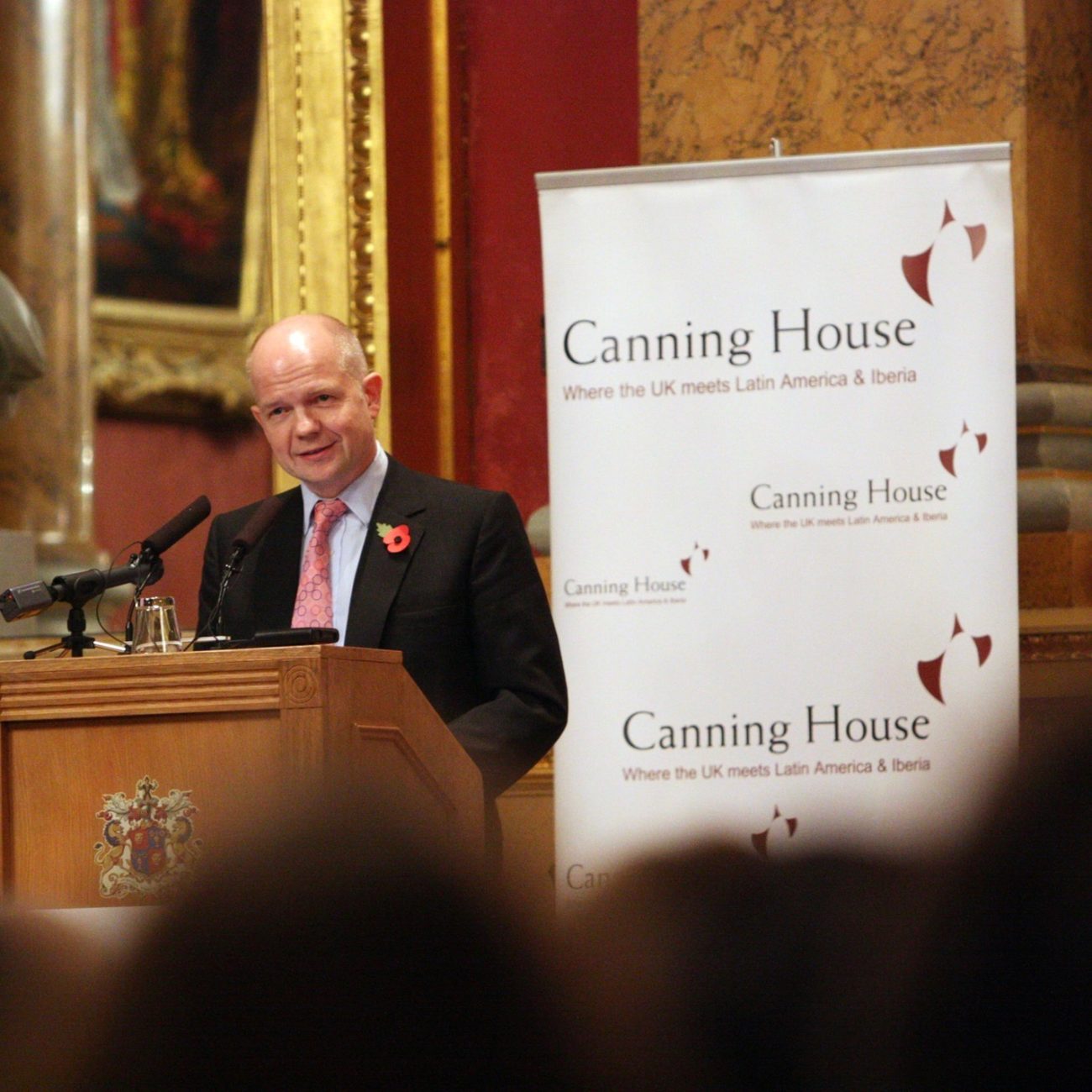
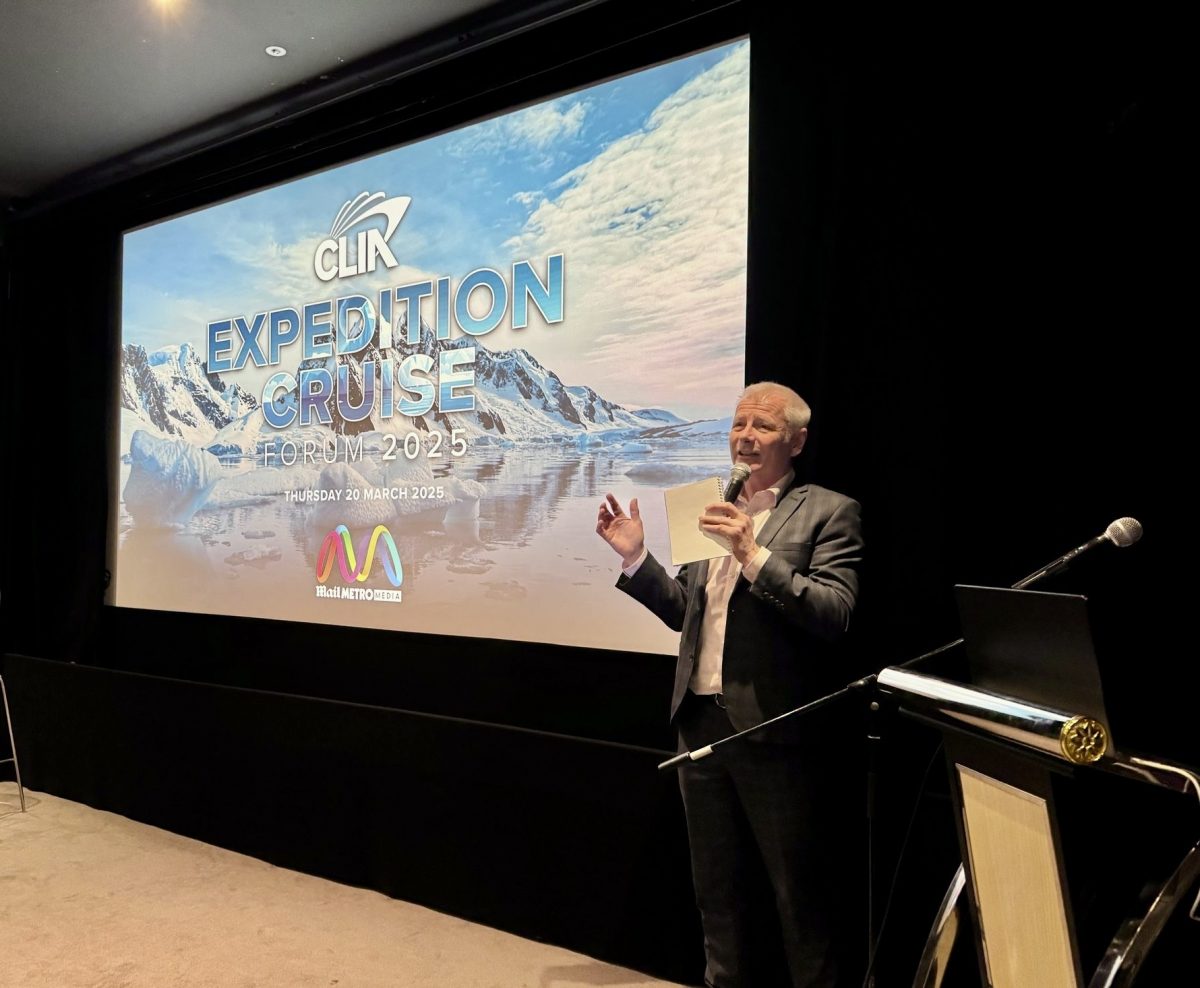


















EU entry-exit system delayed again
Jet2 unveils Samos as new Greek destination for summer 2026
Carnival Cruise Line hosts Prague getaway for Fun Ambassadors
US tourism hit with UK, Germany travel warnings
Council moves to designate Forest of Dean a Biosphere